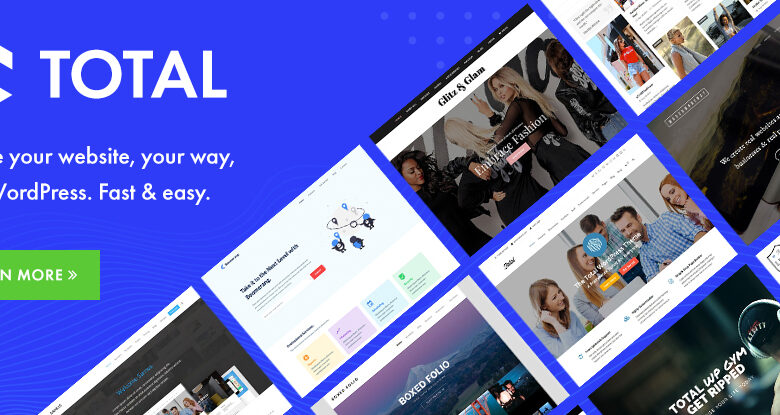We all know how creating a budget works. You come up with a goal, you decide the steps you need to take to get there, and you assign a value to each step. Budgets are meant to keep your spending in check when you’re spending, but how does that translate into a website?
Believe it or not, there are a few criteria that you need to take into account when you’re going over your website’s budget. Some budgets will be bigger than others, depending on your goal, but the criteria is always the same.
Let’s go over a few things you need to keep in mind when you’re setting a budget for your website:
1. Site type
The first criteria that should come to mind is the type of website that you’re going for. Depending on the contents of the site, your budget could range from really cheap to really expensive.
You have to consider how much the cost of development and testing, content, and management will cost from the start. Typically speaking, websites dedicated to each of the points listed above, and they need to be paid.
In this instance, you really don’t want to sacrifice quality. Even though this is where most people spend the most on websites, it’s really important that you get it right. It’s worth the extra few bucks if you know that it’s getting done correctly.
2. Design

Design is another very important aspect of a website. You can spend as much money as you want on a website, but if it’s not visually appealing, you will lose out on traffic.
You’ll need custom images, logos, and eye-catching landing pages to bring the traffic in, and keep it there. Design can be quite expensive, but again, quality comes first.
3. Content marketing

Listen, we’ve all been there. Those websites that pop-up when you search something online, and when you click on them, they don’t actually answer your questions.
Content marketing is the most effective marketing strategy that exists today, and if it’s not done correctly, it could negatively affect your website. You’ll want to invest in a proper content team to make sure all your content is optimized.
If your content isn’t optimized correctly, or you use improper technique to publish it, you’ll lose traffic at the very least. Worst case scenario, your brand new site gets flagged by Google, and you will be penalized.
4. SEO

Following along with the optimizing topic, SEO is also worth investing quite a lot into. SEO is the backbone of Google searches, and can mean the difference between a new customer and a missed opportunity.
There are all kinds of techniques out there when it comes to SEO, and it definitely takes an expert to get the job done right. You’ll want to study up as much as you can, and hire an expert onto your team to make sure all goes smoothly.
5. Additional costs

When it comes to running a website, there are always hidden costs. At the very least, things aren’t always as cheap as you expected them to be. For cases like this, you need to be prepared to spend a little extra cash to make your dream come to life.
As a general rule, the budget should be followed as accurately as possible. That being said, don’t freak out too much if at the end of it all, you’re over budget.
Wrapping up
As you can see, there are quite a few criteria that you need to account for when starting up a new website. Creating a budget doesn’t always mean that you’ll abide by that budget, but it’s extremely important all the same.
Create your budget, keep an open mind, don’t be afraid to fork out a little cash, and be ready for change.






Leave a Reply